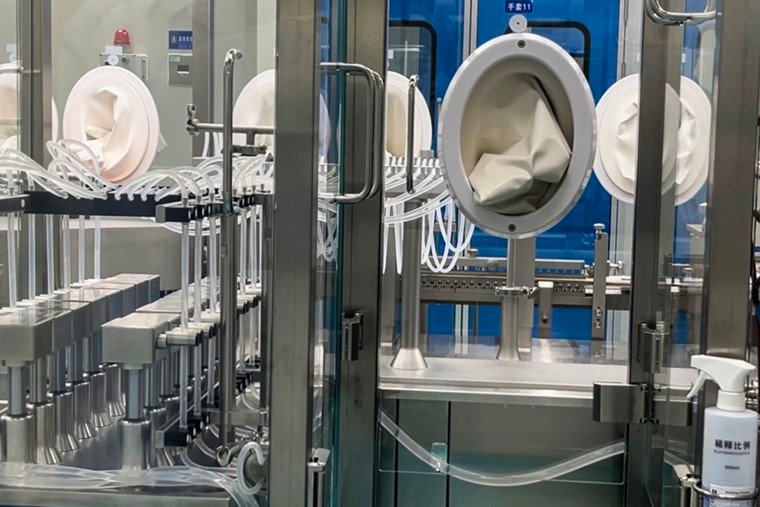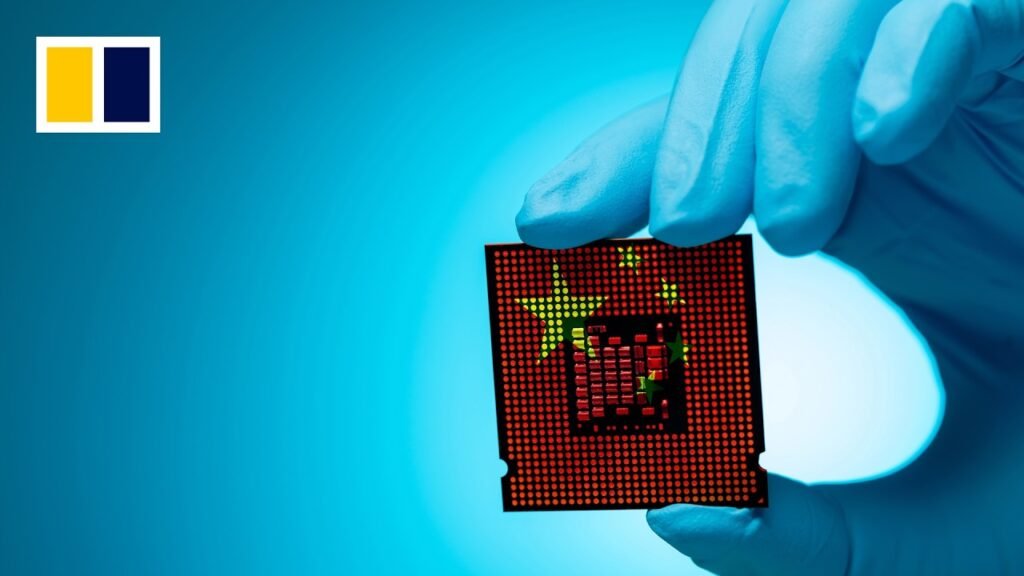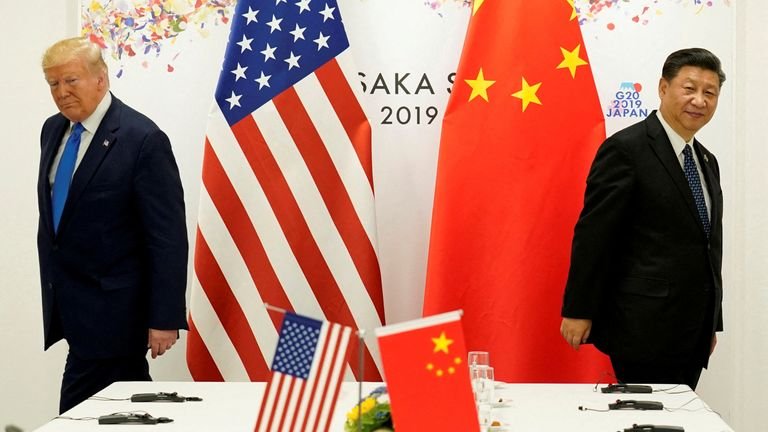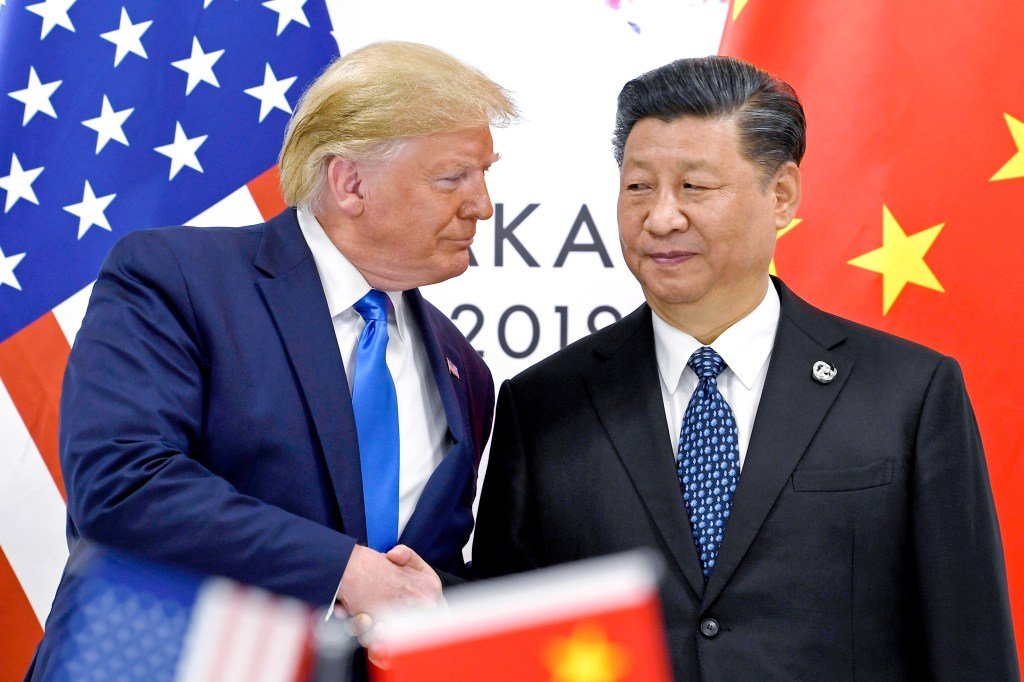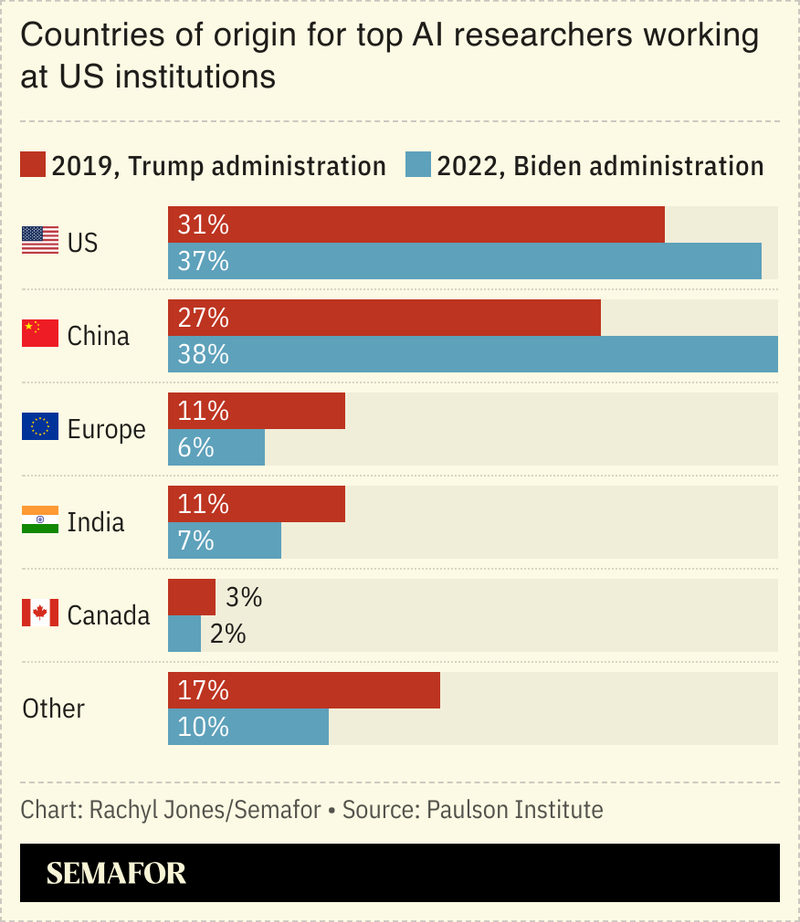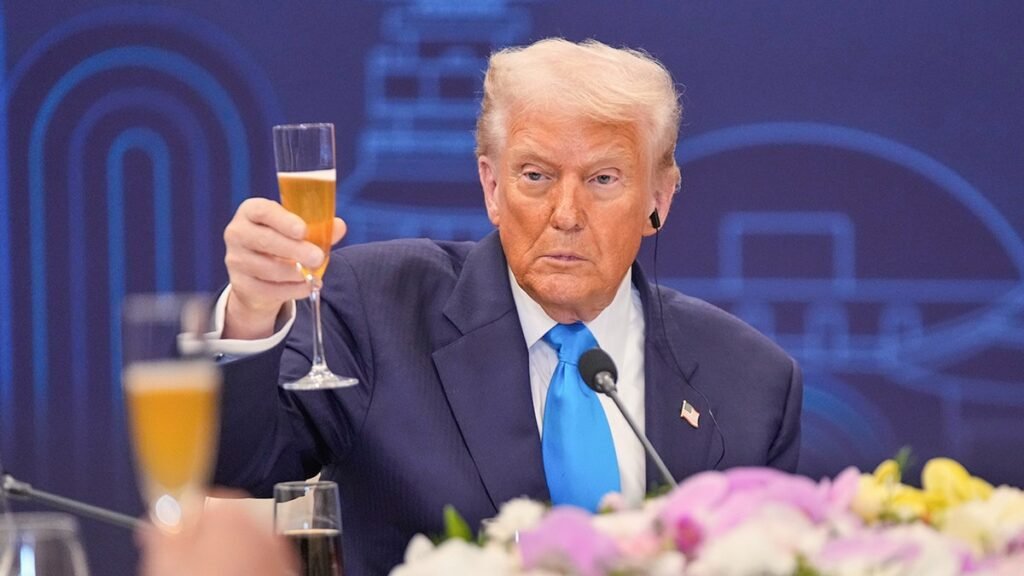China recently announced that it was putting new controls on the export of rare earth elements, sparking a new round in the country’s ongoing trade war with the US.
Donald Trump responded by threatening to ramp up tariffs on Chinese goods by a further 100%. This will all be under discussion when China’s president Xi Jinping and Trump meet on October 30 at the Asia Pacific Economic Conference in South Korea.
China has built an effective monopoly over rare earth metals, the 17 metallic elements that are not actually rare but are very difficult to mine and process. Most electric vehicles (EVs), smartphones or solar panels depend on these rare earths.
China mines 70% and refines 92% of these increasingly important metals, and manufactures 98% of the world’s rare earth magnets used in EVs, electronics, medical devices and other clean tech. In recent years, these essential minerals have become a crucial part of China’s economic agenda as it tries to focus on “high quality development” in advanced and green technology
The recent announcement from Beijing has raised concerns about global access to these essential minerals. If the supply of rare earths available to the outside world diminishes, the cost of manufacturing green tech would rise and drive up prices worldwide. If there is anything that would stall the development of the green economy, this could be it.
In response to the announcement, Trump initially suggested he might cancel an upcoming meeting with Chinese president Xi. However, the meeting now looks set to go ahead, and access to rare earths is likely to be high on the agenda.
Trump had also announced that he was considering a ban on exports to China of all products made with US software such as laptops and jet engines, and industrial equipment. This might reduce Beijing’s ability to design essential components for AI chips, hampering its bid for dominance in clean tech.
Read more:
What will batteries of the future be made of? Four scientists discuss the options – podcast
Prior to Trump’s latest threats, electric vehicles coming from China had already been hit by a 100% US tariff, while import duties for solar cells and lithium batteries stood at 50% and 25% respectively.
But the result might have surprised Trump. As US-made goods are exempt from tariffs from paying tariffs, Chinese firms have set up production sites in the US to circumvent Trump’s tariffs. Instead of helping domestic US companies, Trump’s policies have done the opposite.
For instance, the solar manufacturing capacity of Chinese firms based in the US has grown so large that it now accounts for 39% of all solar panel energy output in the country versus only 24% from US firms.
But even if Chinese clean tech sales in US were severely affected by the tariffs, most of China’s green tech is heading elsewhere.
Based on my estimations using data from the energy thinktank Ember, Chinese green tech exports globally in 2024 were valued at US$184.06 billion (£139 billion), while total exports to the US stood at US$20.66 billion. The US market accounted for only 11.2% of the total proportion of total Chinese green tech exports, while that number from January to September 2025 has dipped to 7.8%.
Compared to the EU (29.95%) and Asian market (27.97%) in 2024, the US market appears relatively small. So higher tariffs would harm China’s economy, but the damage may not be as substantial as Trump might imagine. However, the EU’s plans to meet climate targets is massively dependent on these Chinese exports.
Problems for Beijing?
The US has already put restrictions on which technologies China can buy from the US. China can still manufacture electric vehicles, solar panels and wind turbines without US software. But without the most advanced technologies from the US, Chinese firms will have fewer options.
While there are indications that the tech gap between Washington and Beijing may be shrinking, the US still possesses some of the most advanced technologies that are crucial for green tech development. These include advanced semiconductors, which are needed to make AI chips.
Such components and machinery are essential to China’s claim to green leadership since they allow users to automate EVs, solar panels and wind turbines, while ensuring their efficiency and optimising energy use. Simply put, without the best semiconductors and the AI chips, China won’t be able to create world-leading clean tech.
China may have metals but without US chips and software, it’s green economic momentum might stall – at least until China’s semiconductor and AI tech catches up with the US. Chinese economic progress and its green leadership may be dependent on gaining better trade deals, even if it does still have a massive advantage.

Don’t have time to read about climate change as much as you’d like?
Get a weekly roundup in your inbox instead. Every Wednesday, The Conversation’s environment editor writes Imagine, a short email that goes a little deeper into just one climate issue. Join the 45,000+ readers who’ve subscribed so far.

